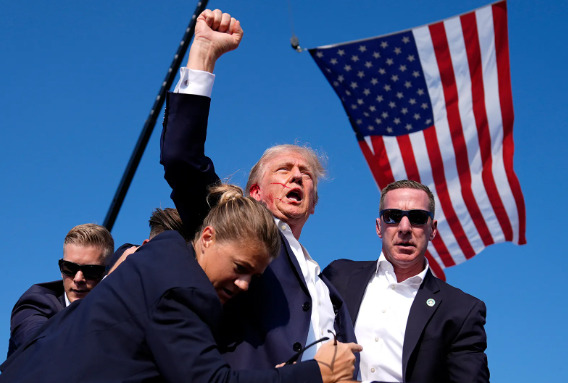
Time to end secret data laboratories—starting with the CDC
The American people are waking up to the fact that too many public health leaders have not always been straight with them. Despite housing treasure…
Thought Leader: Marty Makary

President Trump often touted during his first term that his administration had “approved more affordable generic drugs than any administration in history.” He had good reason to highlight these accomplishments. Over the first two years of his presidency, the Food and Drug Administration made significant investments in staffing and policies for reviewing and approving generic drugs with an explicit goal: ensuring that once valid patents on expensive branded medications expired, these products would promptly encounter vigorous competition from lower-cost generics.
Over the past 20 years or so, the branded medications have become substantially more complex. Many are now formulated in ways that pose formidable technical challenges for generic copying, including peptide-based drugs such as Ozempic, drug-device combinations used as inhalers, and medications administered through patches, among others. By 2017, this mounting complexity had resulted in a growing roster of drugs whose patents had lapsed but remained unchallenged by generic competitors. Under the first Trump administration, when I served as FDA commissioner, we tried to correct this imbalance with our “Drug Competition Action Plan,” a strategic push to speed the approval of generic drugs by offering precise scientific guidance on replicating these complex medications.
The investment quickly bore fruit: The FDA approved a record-breaking number of generic drugs in 2017 and 2018, yielding an estimated $26 billion in savings for American consumers.
Recently, however, the FDA team responsible for paving the approval pathway for these complex generics was entirely disbanded as part of cuts demanded from the agency’s current leadership. This abrupt reversal threatens to undo the historic progress achieved during the president’s first term. It could stall the arrival of affordable generic alternatives to some of today’s most expensive medications.
At issue is the Division of Policy Development, which is part of the Office of Generic Drug Policy within the FDA’s generic drug review branch. This modest but critical division employed 13 full-time staff, whose combined experience totaled roughly 200 years of government service. All 13 FDA employees were recently dismissed by the agency and placed on administrative leave until June 2, at which point their departures could become permanent.
Time to end secret data laboratories—starting with the CDC
The American people are waking up to the fact that too many public health leaders have not always been straight with them. Despite housing treasure…
Thought Leader: Marty Makary
Sanjay Gupta: There are still key questions about Trump’s injuries after attempted assassination
This piece is by WWSG exclusive thought leader, Sanjay Gupta. It’s been five days since gunfire erupted at Republican presidential candidate Donald Trump’s rally in…
Thought Leader: Sanjay Gupta
Ian Bremmer: Trump, Biden & the US election: What could be next?
On GZERO World, Ian Bremmer reflects on this pivotal week in US politics along with media journalist and former CNN show host Brian Stelter and…
Thought Leader: Ian Bremmer

